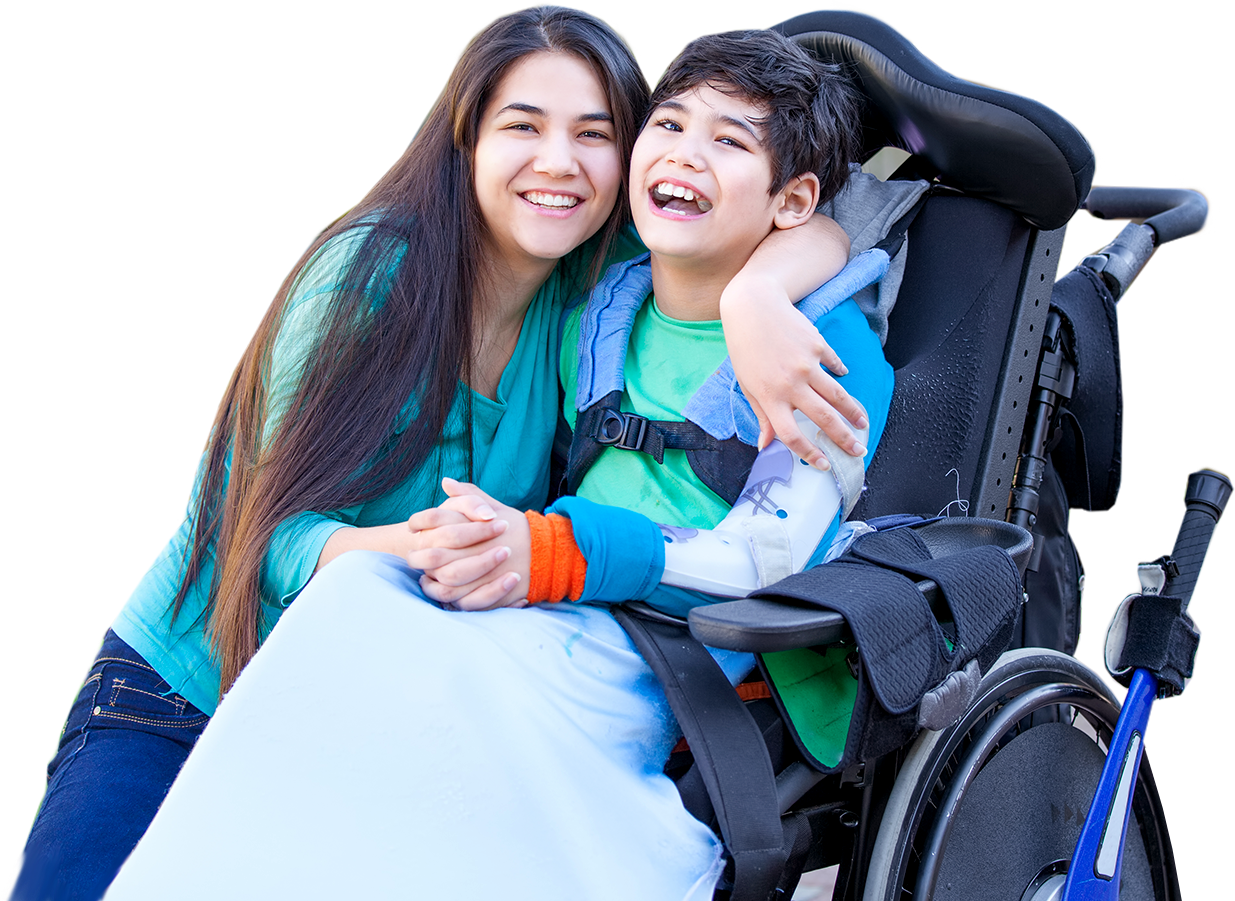Cerebral Palsy Diagnosis
advice to better care for your child

- Alternative
- Assistive Technology
- Associated Conditions
- Birth Injury
- Causes of Cerebral Palsy
- Cerebral Palsy Diagnosis
- Cerebral Palsy Information
- Cerebral Palsy Therapies
- Cerebral Palsy Treatments
- Child Development
- Doctor Visits
- Education
- Equipment
- Featured
- Legal Help
- Medical Research
- News
- Patient Care
- Prenatal Care and Childbirth
- Stories
- Tips for Parents
- Types of Cerebral Palsy
- Updates
Posts in 'Cerebral Palsy Diagnosis'
How Is Cerebral Palsy Diagnosed?
Events that cause a child to develop CP, including medical malpractice, frequently occur around the time of birth. But typically, CP is not diagnosed until significant motor impairment shows itself, which may take more than a year. Following an observational diagnosis of assessing key milestones that your child has or has not hit per the... Read More
Levels of Cerebral Palsy
Different classification systems use varying criteria to describe the severity and type of cerebral palsy a person has. CP manifests itself in many different physical, intellectual, and mental health challenges, which complicates the process of establishing any universal standards. However, despite those challenges, it’s critical to have a thorough understanding of the kind and severity... Read More
Magnetic Resonance Imaging (MRI) and Cerebral Palsy
When diagnosing cerebral palsy (CP) in children, doctors may use imaging procedures to gain insight into how a child’s nervous system is functioning. Neuroimaging procedures are tests that healthcare professionals can use to study seizures and related neuromuscular disorders in children. Learn more about neuroimaging through magnetic resonance imaging (MRI) and cerebral palsy MRI evaluations.... Read More
How Do I Know If My Toddler Has Cerebral Palsy?
The toddler years are a time of enormous cognitive, emotional, and social development. But for parents whose children aren’t on track with those normal developmental milestones, this can be a worrisome time. These delays could suggest the existence of a number of different conditions, including cerebral palsy—a neurological disorder that controls muscle movement and posture.... Read More
Conditions and Injuries That Cause Children to Develop Cerebral Palsy
Children develop cerebral palsy when their cerebral motor cortex development is impaired or when it is damaged. Various conditions and injuries can trigger abnormal development or damage developing brains. These problems can occur before birth, during birth, and in the first few years of a child’s life, when the young brain is developing. These issues... Read More
Potential Signs of Cerebral Palsy in 13-16-Month-Olds
Doctors typically diagnose children with cerebral palsy at around 2 years of age. However, in some cases, parents may notice several clues suggesting their child has cerebral palsy well before their second birthday. As children develop, the signs of cerebral palsy typically become more pronounced. Learn more about some of the potential signs of cerebral... Read More
Developmental Delays in Children with Cerebral Palsy
The signs of cerebral palsy (CP) can vary from child to child because there is a wide range of levels of this condition. One of the earliest indicators of cerebral palsy is uncontrollable movements of the head and extremities. This list of cerebral palsy symptoms by age isn’t exhaustive but serves as a good starting... Read More
Electroencephalogram (EEG) and Cerebral Palsy
When diagnosing cerebral palsy (CP) in children, healthcare professionals may use brain imaging procedures or EEG to gain insight into how a child’s nervous system is functioning. Medical care teams can use neuroimaging tests to study seizures and related neuromuscular disorders in children. Learn more about neuroimaging through electroencephalography (EEG), how an EEG can help... Read More
Imaging Tests, Brain Scans, and Cerebral Palsy
Over the last several decades, doctors and medical researchers have used brain imaging tests to help them understand how cerebral palsy (CP) develops in children and affects their lives. If your child’s doctor suspects that your child has CP, they may request brain imaging tests to help them correctly diagnose the condition. A pediatric neurologist,... Read More
IUGR and Cerebral Palsy: How Are They Related?
Pregnancy is one of the most exciting times in a mother-to-be’s life. It’s also one of the most stressful times, as she does everything possible to help ensure a smooth delivery and a healthy, happy baby. Of course, in every pregnancy there lies the potential for possible risk to the health of baby and mother.... Read More
